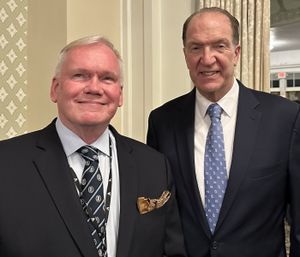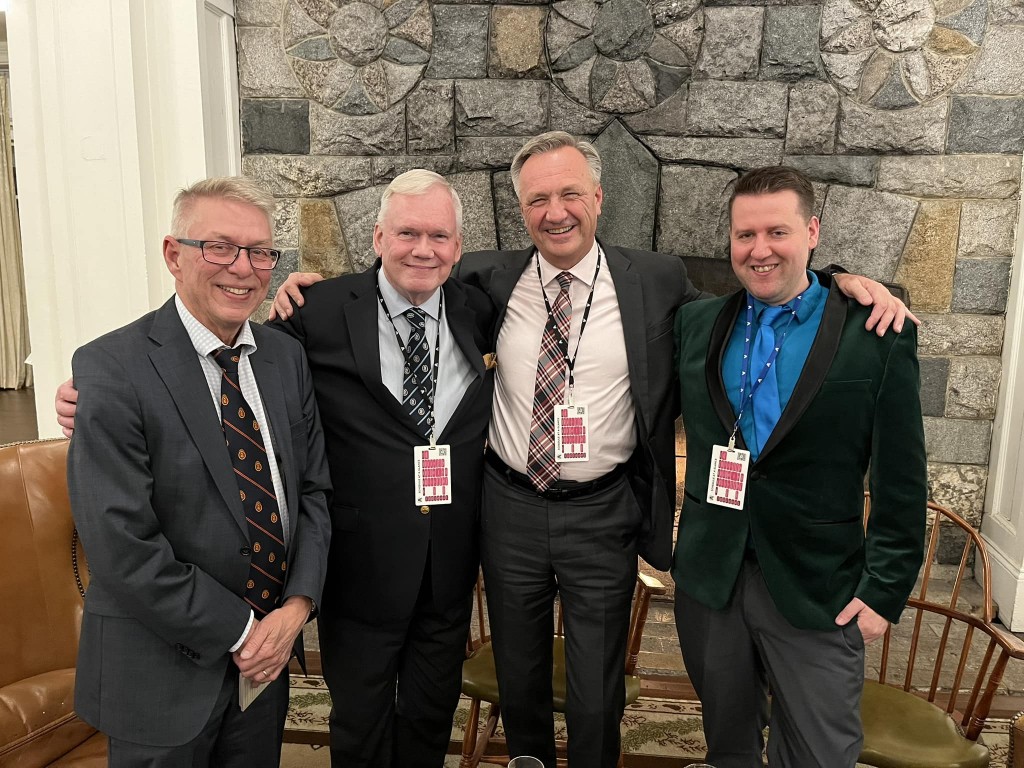The Mont Pelerin Society was founded in April 1947 at a meeting in Switzerland of some classical liberal scholars, including the economists Ludwig von Mises, Frank A. Knight, Friedrich A. von Hayek, Milton Friedman, George J. Stigler and Maurice Allais, and the philosopher Karl R. Popper. The purpose of the Society was to revive and revise the liberal tradition of the West, resting on private property, free trade, and limited government, not least against the totalitarian threat. Hannes H. Gissurarson, Professor Emeritus of Politics at the University of Iceland, has been a Member of the Society since 1984 and served on its Board of Directors in 1998–2004.
On 29 October to 2 November 2023 the MPS held a conference on Bretton Woods in New Hampshire about the international monetary and commercial order, almost 80 years after the famous meeting in this place about the future international monetary and commercial order which had resulted in the establishment of the World Bank and the International Monetary Fund. John Maynard Keynes, Lord Keynes, was one of the chief authors of this order which was supposed to create stability in international markets, but which largely broke down when the United States abandoned the gold standard in 1973. After that the whole world has relied on fiat money which is not guaranteed or backed up by anything of real value.
Besides Professor Gissurarson, Ragnar Arnason, Professor Emeritus of Economics at the University of Iceland, and Dr. Birgir Thor Runolfsson, Chairman of the Economics Faculty at the University of Iceland, attended the meeting. Discussions at MPS meetings are not to be quoted (the Chatham House rule), but it is not regarded as improper to reveal what has been published elsewhere. There were three highlights at the conference. Professor Douglas Irwin presented solid evidence which showed the immense benefits of international free trade. Phil Gramm, former U.S. Senator and before that professor of economics, demonstrated that the official statistics about income distribution in the United States was deeply flawed because neither taxes nor transfers were included in the calculation of income, both factors significanly reducing inequality. Tyler Goodspeed, economist at the Hoover Institution in Stanford, pointed out that international free trade could possibly harm some groups in the short term, although everybody gained from it in the long term. Gissurarson had the opportunity to describe in detail the 2008 Icelandic bank collapse over dinner with David Malpass, Governor of the World Bank in 1919–2023.




